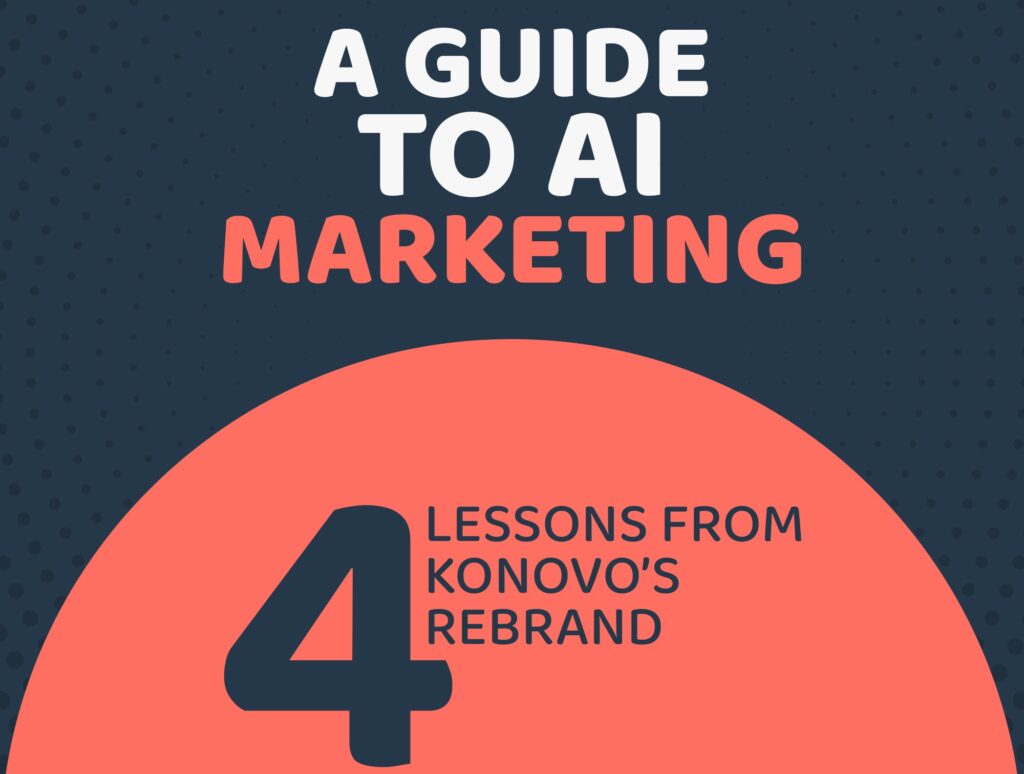The way care is delivered is changing fast. Virtual visits, accelerated approvals, shifting policies, and rising provider burnout are making it harder to reach the right healthcare providers (HCPs)—and harder to keep up. Yet many research methods still rely on long timelines, rigid fielding, and outdated expectations. According to Konovo’s white paper, The Evolution of Market Research in Healthcare, 60% of physicians report burnout, and 87% believe staffing shortages will make access even harder.
To stay ahead, research teams need to evolve how they work. That means rethinking timelines, gathering smarter data, making listening more continuous, and using AI to move faster without losing depth. Here are some of the key shifts shaping what healthcare research needs next.
Insights Require More Than Just More Data
Healthcare teams today are flooded with data: electronic health records, real-world evidence, social media signals, and AI-generated summaries. But volume doesn’t equal clarity.
Siloed systems, inconsistent formats, and a lack of integration often mean that insights take too long to surface or feel disconnected from the real questions decision-makers are trying to answer.
Teams don’t need more dashboards. They need tools that help them synthesize what matters, faster and with more confidence.
The Future of Healthcare Research Is Connected and Continuous
Research can’t be treated like a one-off project anymore. It has to be ongoing, flexible, and designed to respond to change.
As the FIERCE Pharma white paper Closing the Speed-to-Quality Gap in Market Research points out, research teams need to move fast—but not at the expense of quality. The goal is to do both. That means bringing together primary and secondary data. Qual and quant. Speed and strategy. It also means shifting from one-off projects to connected research ecosystems that help teams make smarter decisions across the product lifecycle.
It also means building empathy. Better research is about truly understanding the people behind the numbers.
AI-Driven Research Is Accelerating Insights, Not Replacing People
AI is already transforming how researchers work. Tools like automated transcription, sentiment tagging, and real-time qualitative analysis are helping teams move faster. But that doesn’t mean replacing human insight.
As one panelist from Konovo’s recent Biopharma Dive webinar put it:
“It’s about using AI and human expertise together to get better insights, faster—not losing sight of what you’re trying to answer.”
Good research uses AI to enhance clarity and confidence, not just to check a box.
What’s Next: Research That Moves as Fast as Healthcare
The future of research is smarter, more integrated, and built for the realities of modern healthcare. It needs to be flexible enough to adapt, fast enough to keep pace, and robust enough to support real decisions.
Want to see what a connected research model looks like?
Download the The Evolution of Market Research in Healthcare whitepaper, the Closing the Speed-to-Quality Gap in Market Research whitepaper, or explore more insights on the Konovo blog.




